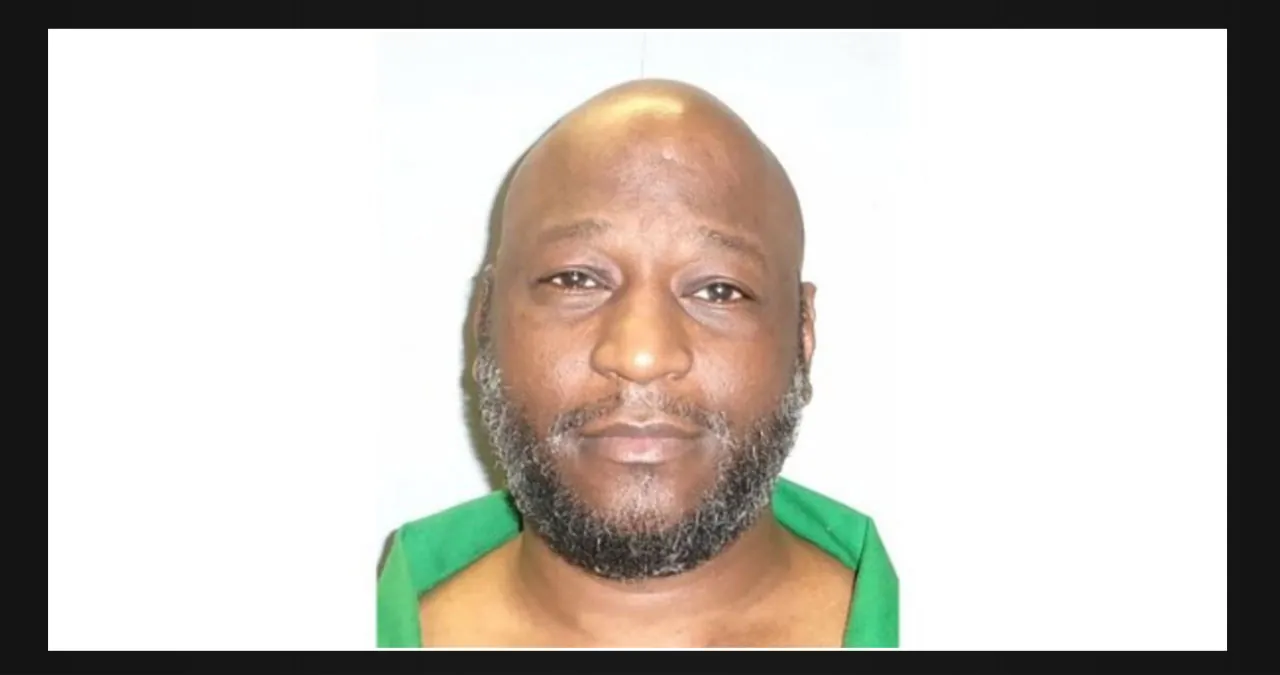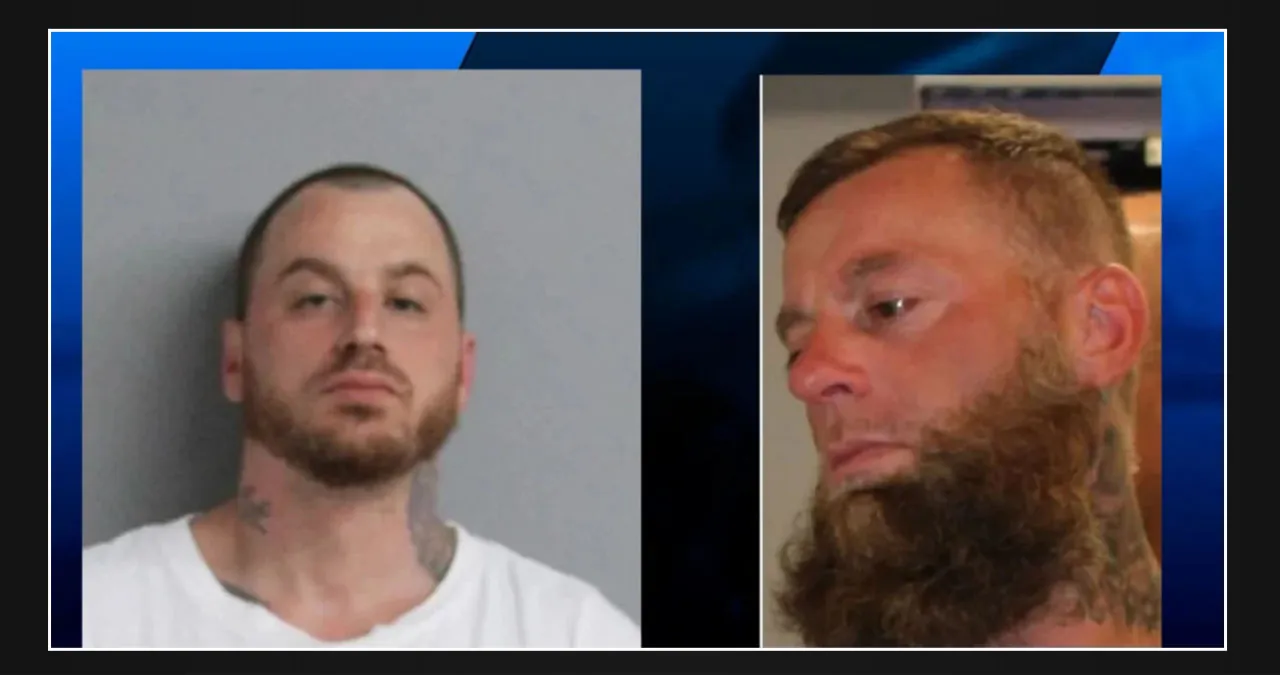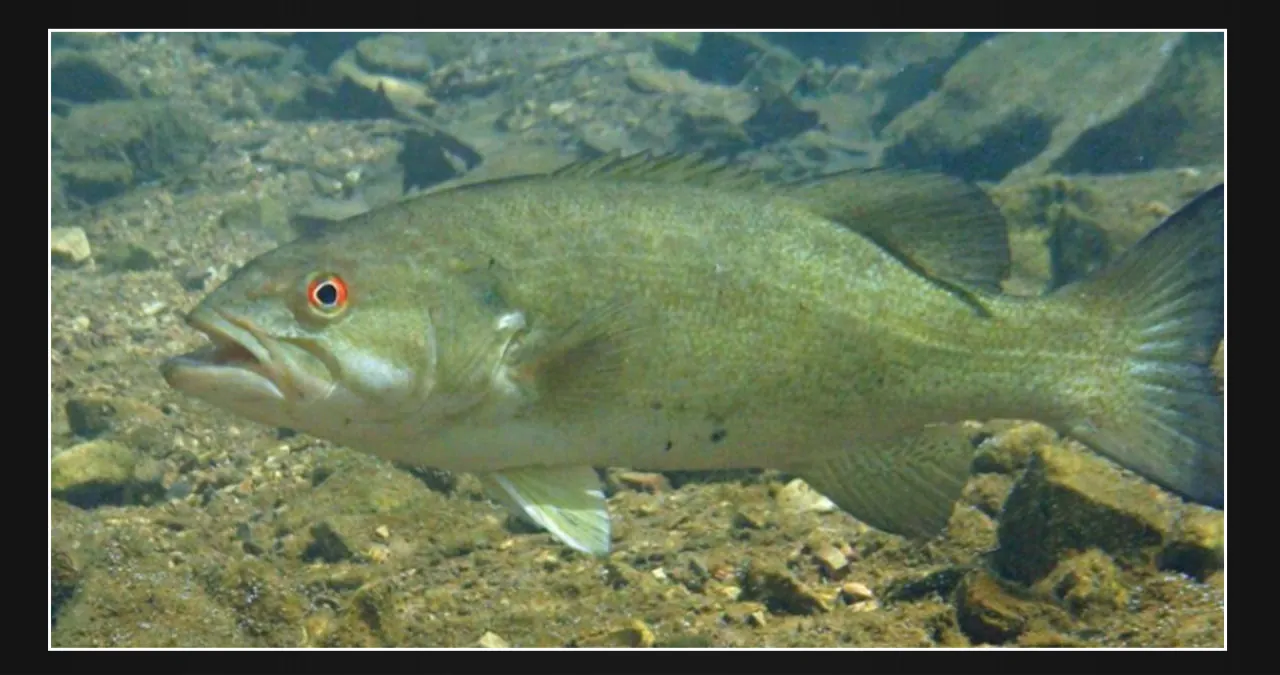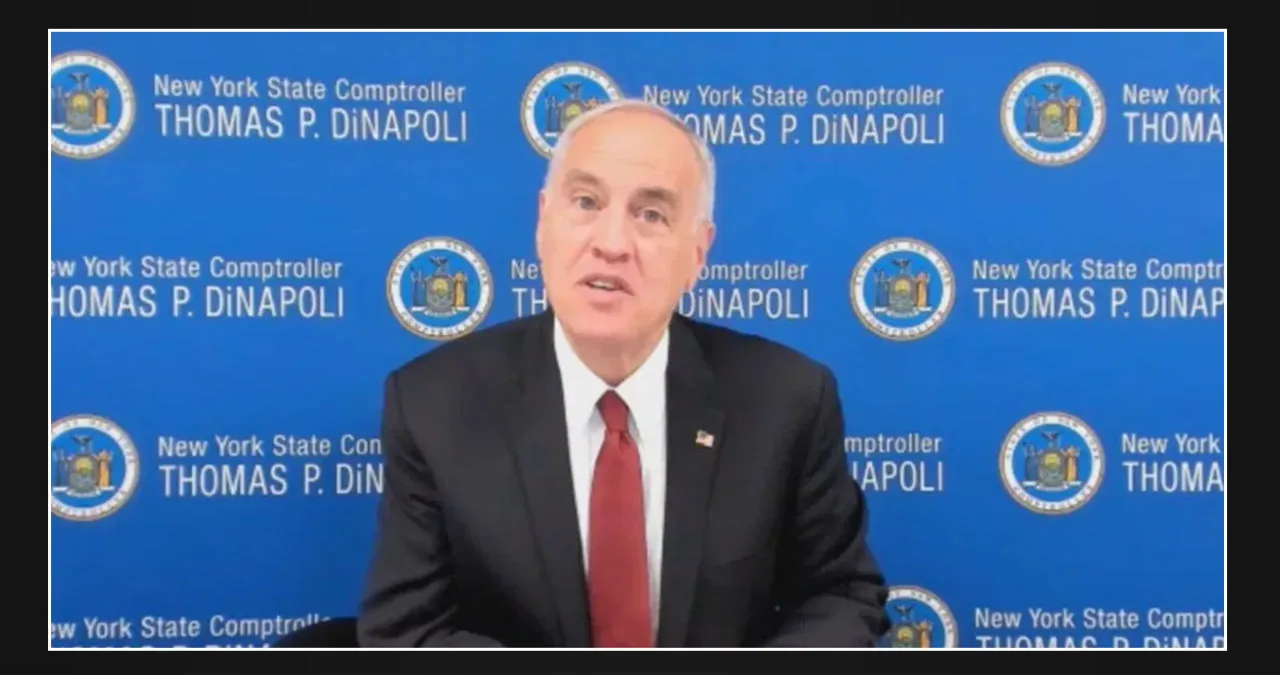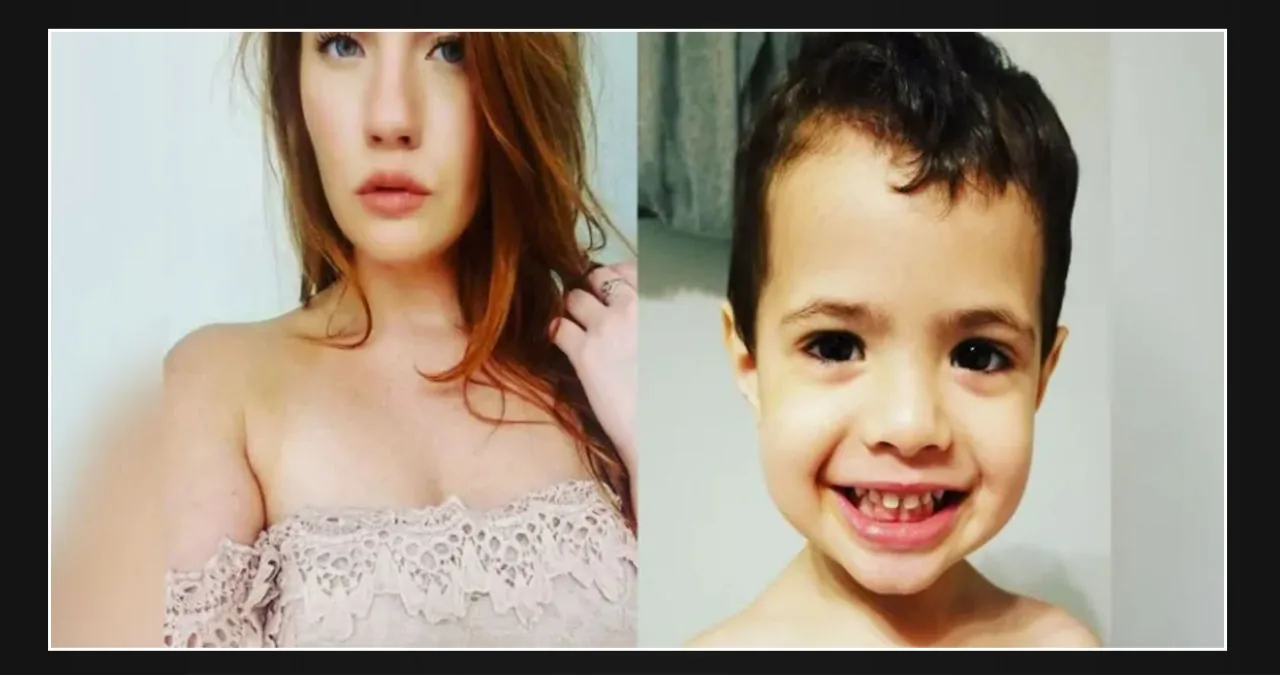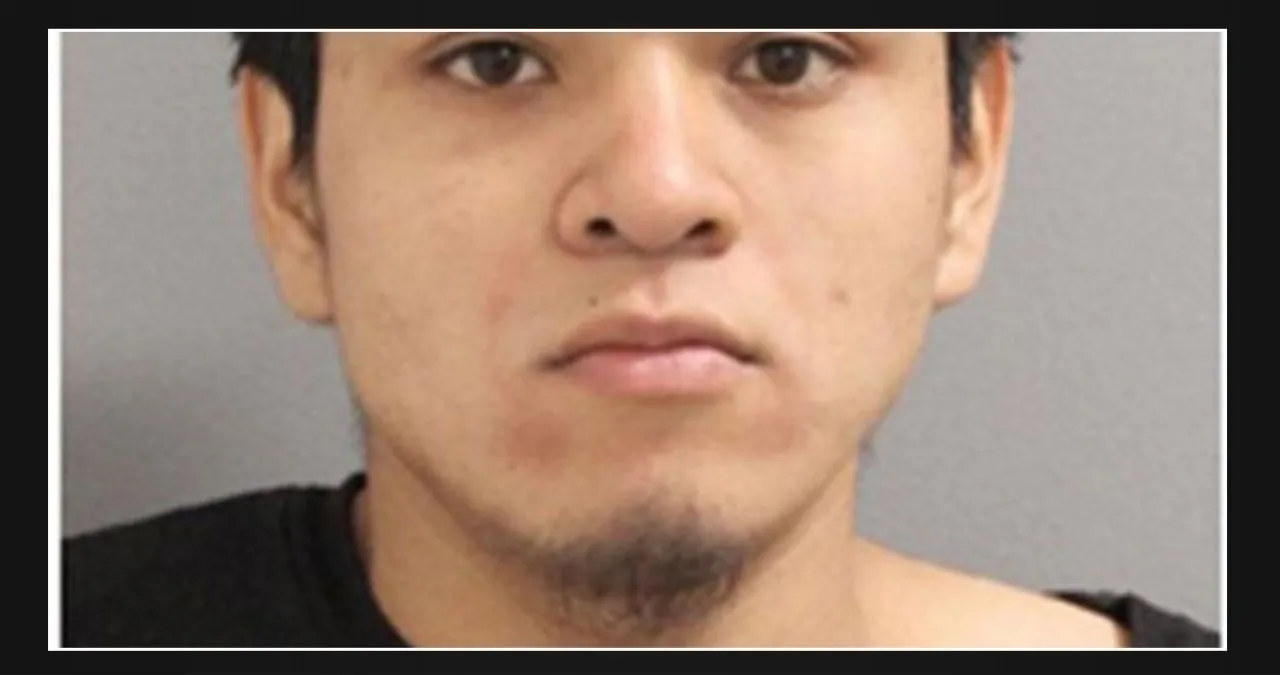South Carolina has scheduled the execution of inmate Freddie Eugene Owens for September 20th. This would mark the state’s first execution in over 13 years.
South Carolina used to be a state with a high number of executions. However, it has faced difficulties in procuring lethal injection drugs. This is mainly because pharmaceutical companies are hesitant to sell these drugs to officials, as it would require them to disclose such transactions.
The state Legislature has recently enacted a law that permits officials to maintain the confidentiality of suppliers of lethal injection drugs. Following this development, the state Supreme Court gave the green light to resume executions in July.
Owens, the convicted murderer who took the life of a store clerk in Greenville back in 1997, will soon face the decision of how he will meet his own demise. He will have the option to choose between lethal injection, electrocution, or the recently added alternative of death by firing squad. It is worth noting that the last person to be executed by a firing squad in the United States was a Utah inmate in 2010, as reported by the Death Penalty Information Center, a nonprofit organization dedicated to providing information on capital punishment.
The prisons director has a deadline of five days to verify the availability of all three execution methods. Additionally, he must provide Owens’ lawyers with evidence that the lethal injection drug has been properly prepared and is stable. This requirement is in accordance with the high court’s 2023 interpretation of the state’s secrecy law on executions, which played a role in reopening South Carolina’s death chamber.
The defense attorney representing Owens stated that they are currently in the process of awaiting a sworn statement from prison officials regarding the purity, potency, and quality of the lethal injection drug. This is in accordance with the terms outlined in South Carolina’s new shield law. Once the statement is obtained, it will be thoroughly reviewed to ensure it meets the requirements of both state and federal courts.
Attorney John Blume expressed serious concerns about the lack of transparency regarding the origin of the execution drugs, the process of obtaining them, and their effectiveness in ensuring a painless death. In an email statement on Friday, Blume emphasized that these issues are particularly troubling for lawyers representing individuals on death row.
The justices did not provide specific guidelines on the extent of information that must be disclosed, but they assured a prompt decision in case an inmate contests the details in the disclosure.
South Carolina has made a significant change in its lethal injection protocol. Previously, the state utilized a combination of three drugs for executions. However, the state has now decided to adopt a new approach and will solely rely on the sedative pentobarbital for administering lethal injections. This revised protocol aligns closely with the method employed by the federal government during executions.
Owens has the option to appeal to Republican Gov. Henry McMaster for mercy, requesting a reduction of his sentence to life without parole. It is worth noting that no South Carolina governor has ever granted clemency in the modern era of the death penalty.
South Carolina halted executions in May 2011 after its supply of lethal injection drugs expired and companies declined to sell more drugs if the transactions were made public.
Getting capital punishment restarted was no easy feat. It took a decade of intense debate and negotiation in the Legislature. First, there was the addition of the firing squad as a method, which sparked controversy and raised ethical questions. Then, a shield law had to be passed to provide legal protection for those involved in the execution process. The road to reinstating the death penalty was filled with hurdles and obstacles, but ultimately, it paved the way for the resumption of capital punishment in the state.
South Carolina has executed a total of 43 inmates since the reinstatement of the death penalty in the United States in 1976. During the early 2000s, the state was averaging around three executions per year, placing it among the top nine states with the highest number of inmates put to death.
Since the unintentional execution pause, South Carolina’s death row population has significantly decreased. In early 2011, the state had 63 condemned inmates, but now it only has 32. Approximately 20 inmates have been removed from death row and given different prison sentences due to successful appeals. Additionally, some inmates have passed away from natural causes.
At least three other inmates, along with Owens, have completed their regular appeals, and a few more are nearing the end, which suggests that the death chamber could witness a significant activity towards the end of 2024.
In a recent ruling, the state Supreme Court determined that the state shield law is lawful and that both the electric chair and firing squad are not considered cruel forms of punishment. This decision has reopened the possibility of executions in the state.
In 2021, the South Carolina General Assembly granted the state the authority to establish a firing squad as an alternative option for inmates, alongside the existing electric chair that was purchased in 1912.
Advocates of the firing squad, including certain Democrats who have reservations about the death penalty, argue that it seems to be the swiftest and least painful method of executing an inmate.
In 1997, Owens committed a series of robberies and tragically took the life of store clerk Irene Graves. Throughout his appeals, he has faced the death penalty three times for this heinous crime.
In 1999, Owens was convicted of murder in his initial trial. However, before the jury could determine his sentence, he committed another crime. Owens took the life of his cellmate at the Greenville County jail.

